SERAP demands CBN gov account for missing N100bn dirty notes, others
The Socio-Economic Rights and Accountability Project has urged the Governor of the Central Bank of Nigeria, Mr Olayemi Cardoso, "to account for and explain the whereabouts of the over N100 billion 'dirty and bad notes' and 'other large sums of cash awaiting examination' which are kept in various branches of the CBN."In a letter dated June 29, 2024, signed by its Deputy Director, Kolawole Oluwadare, SERAP stated that the charges are established in the Auditor-General of the Federation's most recent annual report.
According to the group, the Auditor-General's charges reflect major violations of public trust, provisions of the Nigerian Constitution, the CBN Act, and national and international anti-corruption commitments.
Additionally, SERAP requested Cardoso to "explain the whereabouts of the N7.2 billion budgeted for the construction of the CBN Dutse branch in 2010 and the N4.8 billion budgeted for the renovation of the CBN Abeokuta branch in 2009, and to publish the names of the contractors who collected the money but failed to complete the projects."
SERAP called on the central bank's boss "to explain the whereabouts of the allegedly missing outstanding loan of N1.2 billion granted to the Enugu State Government in 2015 and the outstanding loan of N1.9 billion granted to the Anambra State Government between 2015 and 2016 and to fully recover and remit the public funds to the treasury."
It additionally instructed him "to refer these grave violations of the Nigerian Constitution 1999 (as amended), the CBN Act and the country's national and international anti-corruption obligations to appropriate anti-corruption agencies for investigation and prosecution, as appropriate, and the recovery of the public funds."
The letter stated, in part, "We would appreciate it if the recommended measures were implemented within seven days of receipt and/or publication of this letter." If we have not heard back from you by then, SERAP will take all necessary legal steps to compel you and the CBN to comply with our request in the public interest.
"Explaining the locations of lost public monies, publicising the identities of individuals suspected of being involved and securing their prosecution, and fully recovering any missing public funds would serve the public interest and put an end to criminals' impunity.
"According to the recently issued 2020 audited report by the Auditor General of the Federation (AGF), the Central Bank of Nigeria (CBN) has kept over N100 billion in 'dirty and bad notes' and other substantial sums of cash awaiting investigation in various CBN offices since 2017.
"The Auditor-General thinks that the 'dirty and bad notes' that were supposed to be burned may have been 'diverted and re-injected into the economy.'
"In August 2010, the CBN reportedly planned N7.2 billion [N7,286,500,476.76] for the development of the Dutse branch building. The Dutse branch was supposed to be finished in November 2012, however the contractors failed to complete the project.
"The Auditor-General is concerned that the project was 'given to an inept contractor,' and he wants the 'work completed without further delay.'
"In 2009, the CBN reportedly spent N4.8 billion [N4,812,608,028.10] to renovate the CBN Abeokuta branch. The Abeokuta branch was supposed to be finished in 2012, however the contractors failed to complete the project.
"Several years beyond the intended completion date, there has been no significant renovation work on the site. The Auditor-General is worried that the project was 'given to an inadequate contractor,' and wants the 'work completed without further delay.'"
According to SERAP, these transgressions show a broader lack of CBN accountability and are directly related to the institution's ongoing failure to comply with its Act and promote the principles of transparency and accountability.
It said, "The CBN also reportedly failed to account for the missing outstanding loan of N1.2 billion granted to the Enugu State Government in 2015 and the outstanding loan of N1.9 billion granted to the Anambra State Government between 2015 and 2016." The Auditor-General concerns that public cash may have been diverted. He wants the money fully recovered and returned to the Treasury.
"Paragraph 708 of the Financial Regulations 2009 states that 'on no account shall payment be made for services not yet performed or commodities not yet supplied.'
"Section 35(2) of the Public Procurement Act 2007 states that after a mobilisation fee has been paid to a supplier or contractor, no further payment shall be made unless an interim performance certificate is provided.
"Section 16(6) of the Public Procurement Act states that 'all bidders shall possess the necessary professional and technical qualifications to carry out particular procurements; the financial capacity and adequate personnel to perform the obligations of the procurement contracts.'"
SERAP claimed that these alleged infractions have gravely compromised the CBN's ability to successfully fulfil its statutory tasks, as well as the public's faith and confidence in the bank.
According to the group, the apex bank should be committed to transparency and accountability in its operations.
It continued: "SERAP notes that Section 15(5) of the Nigerian Constitution requires public institutions to abolish all corrupt practices and abuse of power." Section 13 of the Constitution places a clear responsibility on the CBN to comply with, follow, and apply the provisions of Chapter 2 of the Constitution.
"Paragraph 3112(ii) of the Financial Regulations 2009 states that "Where a public officer fails to account for government revenue, such officer shall be surcharged for the full amount involved and handed over to either the Economic and Financial Crimes Commission (EFCC) or the Independent Corrupt Practices and Other Related Offences Commission (ICPC)."
"Nigeria has undertaken legally enforceable obligations under the UN Convention against Corruption to ensure accountability in the handling of public funds. Articles 5 and 9 of the UN Convention against Corruption require the CBN to guarantee effective administration of public affairs and money.
"Nigerians have the right to know where the public funds are. Taking the specified measures would improve Nigerians' rights to restitution, compensation, and the guarantee of non-repetition.
"The Nigerian Constitution, Freedom of Information Act, and the country's anti-corruption and human rights obligations rest on the principle that citizens should have access to information regarding their public institutions' activities."

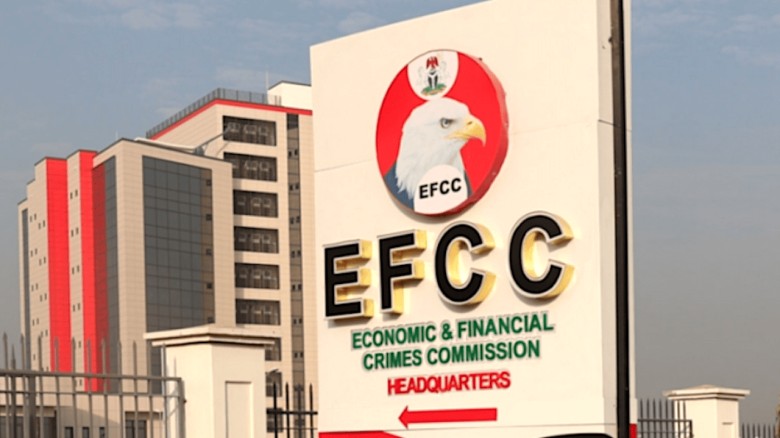
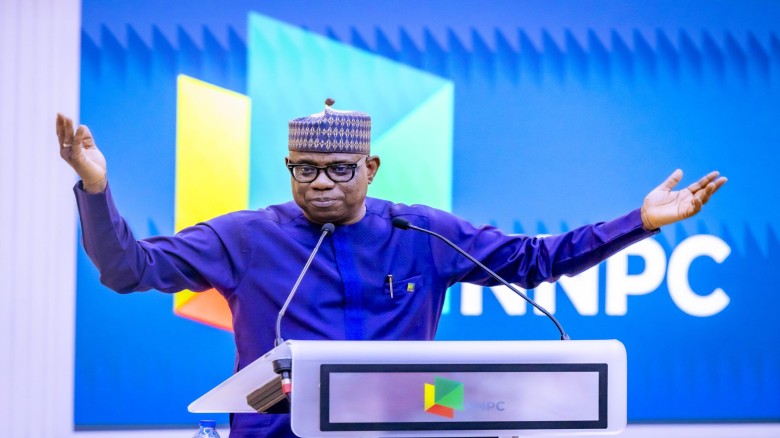
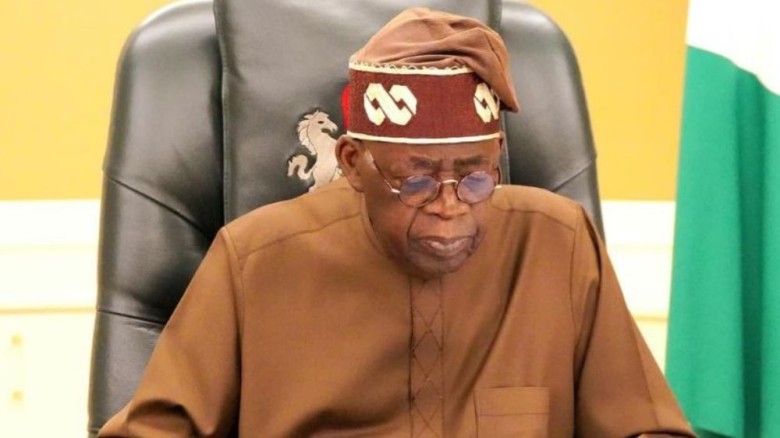
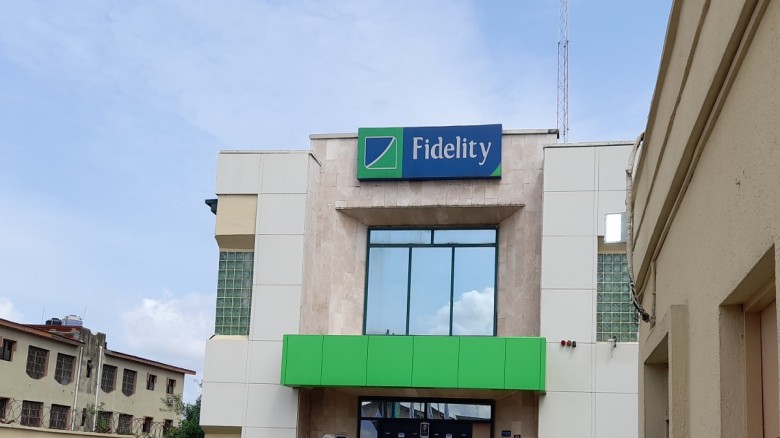












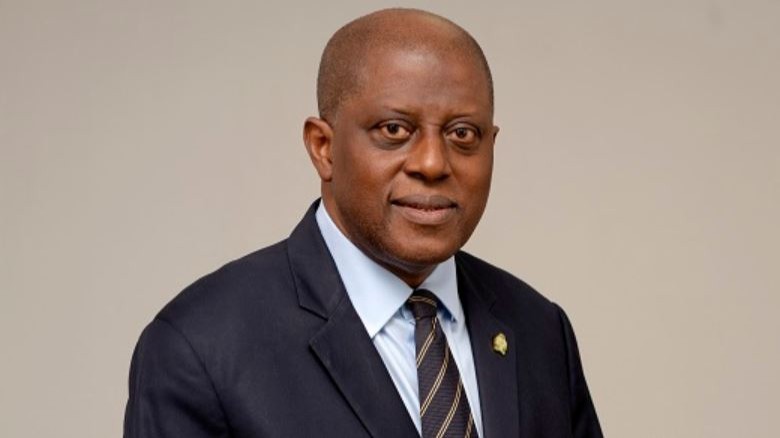






Leave A Comment